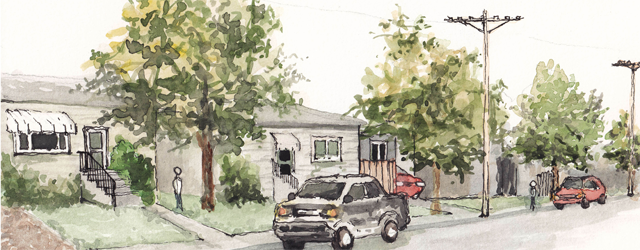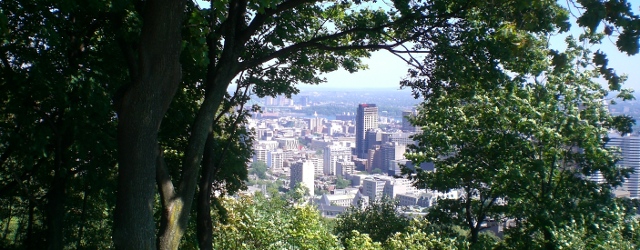Graduates from the University of Regina have envisioned a practical path forward for global governance. Hailing from across Saskatchewan, they banded together in 2017 in the hopes that fresh eyes and hard work could improve the state of world politics.
Tag: Regina
Regina’s wastewater plant – Is a P3 the right answer?
So, the big vote is tomorrow. Regina residents have been back and forth with regards to the P3 debate, but there still seems to be a lot of undecided voters and confusion regarding the proposed project. Still haven’t decided? Want the lowdown? I’m going to do my best to explain.The first thing that’s required when […]
Regina’s Rooming Houses debate
The City of Regina has recently begun consulting residents about the subject of “Rooming Houses,” which are homes in residential areas in which both the owner and renters are residing. If all renters in a home are relatives, then it is not a Rooming House.1 The City has asked that comments on the subject be […]
Response to Design Regina Draft Documents
Preface This document is a response to the draft documents posted as part of the Design Regina process. The authors of this response are also the primary authors of Transforming Regina: Planning for 2040 and beyond, which achieved a place in the finals of the Regina Morph My City competition. Readers interested in a detailed […]

Vision of Earth submission chosen as finalist in Morph My City Competition
Vision of Earth has been selected as a finalist in the Regina Morph My City competition. We’ll be presenting our work at the National Infrastructure Summit and releasing all of it to the public.
Ben’s Interview on Radio CKUT 90.3 FM
Ben Harack was interviewed on the Ecolibrium radio show on CKUT in Montreal. Topics were Moving Planet, Saskatchewan’s sustainability, and peer-based cross-disciplinary efforts towards sustainability.
John Klein: Social involvement and sustainability in Regina, Saskatchewan, and Canada
John Klein is a notable blogger and community activist in Regina, Saskatchewan. Here he answers our philosophical and practical questions about the most important issues facing our society today, and what each of us can do about them.

Curtis Dorosh: Green living, building, and volunteering
How to live green? Build green buildings? Put our efforts towards a better future? Curtis Dorosh has spent much of his life trying to answer these questions. Collected here are some of his answers.
Lifestyle brands: Selling people a constructed dream
Lifestyle brands are designed to create the impression that their product is part of a way of life that is desirable. They do this through connection to people’s employment, ethnicity, religion, class, region, etc. Lifestyle brands are artificially created value design to allow inferior or average products masquerade as superior ones.
Jim Elliott shares his thoughts on sustainability, community, and living green
Jim Elliott is a notable figure in the sustainability movement in Regina and Saskatchewan. He is involved with many environmental action groups, poverty-reduction groups, and the Citizen’s Public Transit Coalition for Regina.
Laura Pfeifer on urban ecology and community leadership
Laura Pfeifer is the founder and editor of Regina Urban Ecology, and is the Regina organizer of Jane’s Walk.

Personal and social change for a green energy future
The question is: what can we do to be more in harmony with the environment? The answers we present here are intended to be practical pieces of an answer to that question.
Feed-In Tariff: Government Encouraging The Market
The feed-in tariff is a well known policy mechanism in the area of electricity generation. It has been applied in many countries with the intent of encouraging the development of renewable power generation. Such a policy typically involves guaranteeing to desired types of generation both subsidized long term prices for electricity and guaranteed grid access. This policy has been well utilized notably in Germany and Spain, where residents have seen very stable electricity prices coupled with tremendous growth of the renewable energy sector of their economies.
Incentives to build renewable in Saskatchewan
We proposed a feed-in tariff for renewable energy resources such as wind, solar, and hydro power. What this means is basically that people or companies who produced power from these sources would be paid more for their electricity than non-renewable providers. See our proposal for more details about the practicality and effectiveness of a feed-in tariff as well as more detail on tailoring the solution for Saskatchewan. The intent of this policy mechanism is to stimulate an increase in private investment into these technologies.
Regina Farmer’s Market
Eat fresh and locally at City Hall every Wed. and Sat.